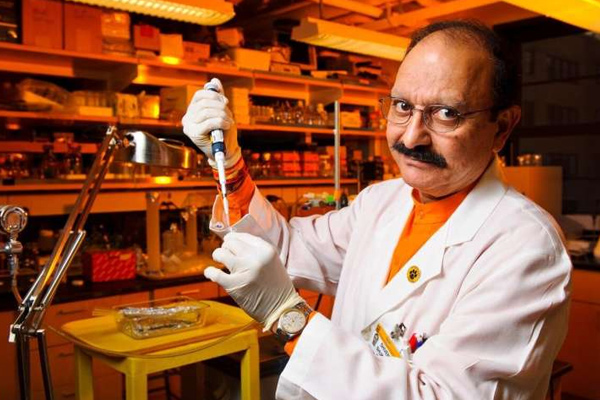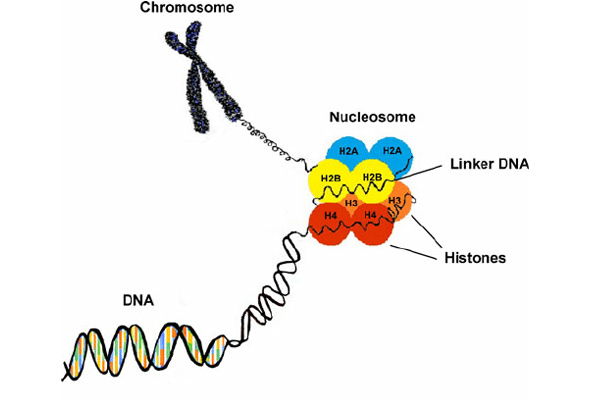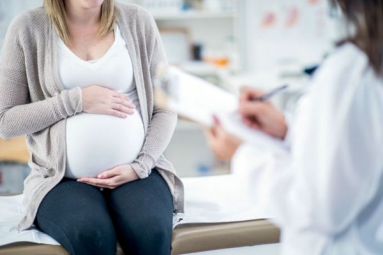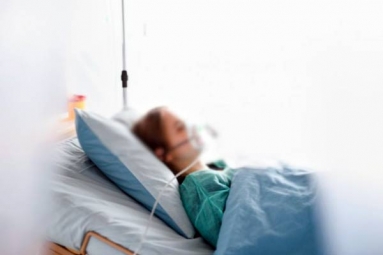
The consumption of an excessive amount of alcohol in a short period is turning up as a significant contributor to liver injury and is more damaging to women, according to a research team led by an Indian origin.
During the study conducted on four female and four male rats, the researchers from the University of Missouri discovered that female rats who were of equal age and weight to male rats were more sensitive to alcoholic beverage and experienced an alcoholic liver injury at a higher rate compared to male rats.
"We studied the similarities and differences of gender-specific responses to repeat binge drinking. Our research showed just three binge-drinking episodes triggered a response for more injury in the female rats," said Indian origin researcher Shivendra Shukla.
 (Image source from: nripulse.com)
(Image source from: nripulse.com)
During the study, the researchers found statistically significant differences among male and female, while giving them the same amount of alcohol three times at 12-hour intervals.
They discovered the blood alcohol concentration as compared to male rats was double in female rats, but not all damage in males and females reflected that ratio.
It was also found that female rats had nearly four times as much fatty build-up in the liver, a trigger for additional inflammation and damage.
"There's a protein called diacylglycerol kinase-alpha (DGKa) that has been shown in other studies to promote tumor growth and cancer. In our findings, this protein goes up 20 percent in male rats, but increases 95 percent in females," Shukla said.
Epigenetic Protein Changes
The research also identified epigenetic protein changes triggered by binge drinking.
"Our research shows that epigenetic modifications in histone (protein) structures occur within the liver as a result of heavy binge drinking," Shukla said.
Epigenetic alterations are changes in genes that are not caused by changes in the DNA sequence or genetic code.
Histones are proteins that act as a device to compact and organize the thread-like DNA strands which wrap around them. Histones function to protect the DNA strand and help it function correctly.
Contrary to the natural modification of histone, the research team discovered that binge drinking results in unnatural modifications to histones.
 (Image source from: ResearchGate)
(Image source from: ResearchGate)
In turn, these changes adversely exert influence on how a person's genetic code is interpreted and how it is regulated.
"Every response in the body is due to alterations in proteins. Binge drinking is an environmental trigger that negatively affects histones by altering the correct binding of DNA," Shukla informed.
"This initially causes inflammation and damage to the cells as they form, but it is also eventually the cause of more serious diseases such as cirrhosis and cancer," he maintained.
Binge drinking can result in an inflammatory response in the liver that is like a cluster bomb, sending out copious damaging signals to other body parts.
"If those organs are working at a lower level of function, then a whole host of physiological processes are affected as a consequence of binge drinking," Shukla noted.
The research was published in Hepatology International, the journal of the Asian Pacific Association for the study of the liver.
By Sowmya Sangam






